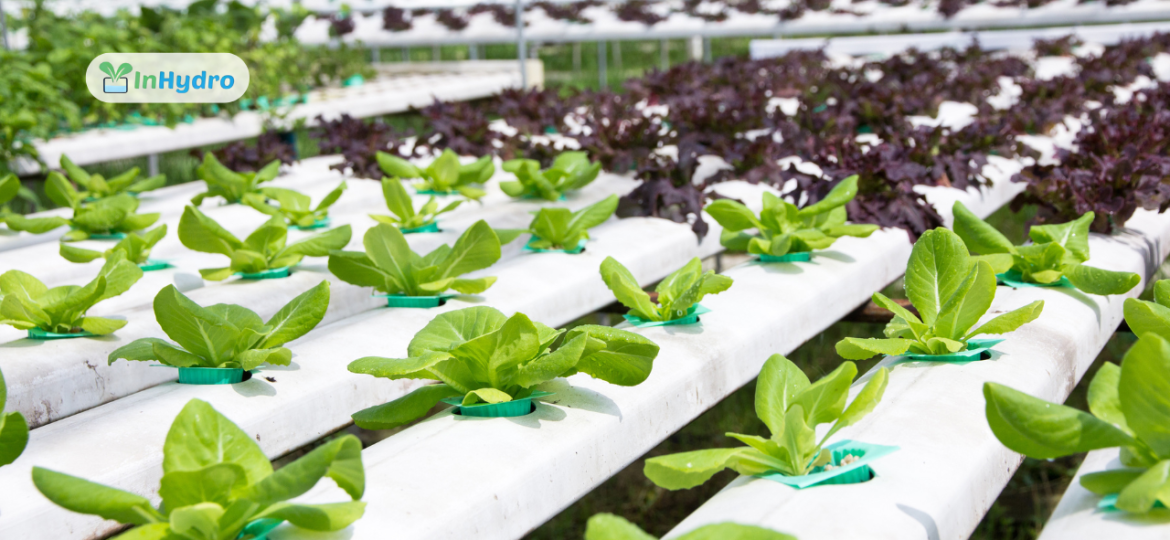
Top 5 Essential Farm Utilities for Efficient Hydroponic Farming
Hydroponic farming, the practice of growing plants without soil, has gained popularity due to its efficiency and potential to conserve resources. In a hydroponic system, plants are grown in a nutrient-rich water solution, and key farm utilities are essential to ensure the system runs smoothly. These utilities not only help maintain optimal growing conditions but also contribute to higher yields and healthier crops. Below are the top five essential farm utilities for efficient hydroponic farming.
Nutrient Delivery System
In hydroponics, providing plants with the right nutrients is critical to their growth and health. A nutrient delivery system ensures that the plants receive the correct balance of essential nutrients dissolved in water. This system allows for precise control over nutrient levels, ensuring that plants get exactly what they need at every stage of growth.
Essential Tools for Nutrient Delivery:
- Nutrient Film Technique (NFT) Systems: These systems allow a thin film of nutrient solution to flow over the roots of the plants, providing constant access to water and nutrients.
- Deep Water Culture (DWC) Systems: In DWC, plants are suspended in a nutrient-rich water solution, where their roots are constantly submerged.
- Ebb and Flow Systems: These systems flood the plant roots with nutrient solution periodically, providing intermittent access to nutrients and oxygen.
Water Pump and Filtration System
Water is a vital resource in hydroponic farming. The water pump and filtration system is essential for circulating the nutrient solution and ensuring that it remains free of contaminants. Clean water is necessary for the plants to absorb nutrients efficiently and maintain a healthy growing environment.
Essential Tools for Water Circulation and Filtration:
- Water Pumps: These pumps circulate the nutrient solution through the hydroponic system, ensuring an even distribution of water and nutrients to the plants.
- Filtration Units: These remove any debris, algae, or unwanted particles from the nutrient solution, ensuring it remains clean and safe for plant roots.
- Air Pumps and Air Stones: These help to oxygenate the water, preventing the roots from suffocating and promoting better nutrient absorption.
Lighting System
In a hydroponic system, especially for indoor farming, proper lighting is essential for photosynthesis. Since hydroponics can be done without sunlight, a high-quality artificial lighting system ensures that plants receive adequate light for healthy growth. The right spectrum and intensity of light can help optimize plant development.
Essential Tools for Hydroponic Lighting:
- LED Grow Lights: Energy-efficient and customizable, LED lights provide the right spectrum for plant growth, from vegetative to flowering stages.
- Fluorescent Grow Lights: These are commonly used for seedlings and small plants due to their gentle intensity and cost-effectiveness.
- High-Pressure Sodium (HPS) and Metal Halide (MH) Lights: These lights are often used in more advanced hydroponic setups for providing high-intensity light, especially during the flowering phase.
Environmental Control System
Maintaining the right environmental conditions is crucial for hydroponic farming. Factors such as temperature, humidity, and CO2 levels all affect plant growth. An environmental control system helps regulate these factors automatically, creating a stable and ideal environment for plant development.
Essential Tools for Environmental Control:
- Climate Control Systems: These systems adjust temperature and humidity levels to maintain optimal growing conditions. They may include heaters, humidifiers, and cooling fans.
- CO2 Generators and Sensors: These systems add CO2 to the growing environment, which can accelerate plant growth, especially in tightly controlled, indoor settings.
- Thermometers and Hygrometers: These instruments monitor temperature and humidity, providing data that allows farmers to adjust their systems accordingly.
pH and EC Monitoring System
In hydroponics, the pH and Electrical Conductivity (EC) of the nutrient solution are critical to plant health. The pH level affects nutrient availability, and the EC level measures the concentration of dissolved nutrients in the water. Regular monitoring and adjustments of these levels ensure that plants receive nutrients in the most efficient way possible.
Essential Tools for pH and EC Monitoring:
- pH Meters and Controllers: These tools measure and control the pH levels of the nutrient solution, ensuring that plants can effectively absorb the nutrients they need.
- EC Meters: These meters measure the concentration of nutrients in the solution, ensuring that the nutrient strength is within the optimal range for plant growth.
- pH and EC Adjustment Kits: These kits allow farmers to make adjustments to the nutrient solution by adding pH-up or pH-down solutions and correcting EC levels as necessary.
Conclusion
Efficient hydroponic farming relies on a variety of essential tools and utilities that help maintain optimal growing conditions. From nutrient delivery systems to lighting, water circulation, environmental control, and pH/EC monitoring, these utilities are crucial for ensuring that plants thrive in a hydroponic environment. By investing in the right systems and regularly maintaining them, hydroponic farmers can achieve higher crop yields, better resource efficiency, and a more sustainable farming operation. Whether growing indoors or in a controlled outdoor setup, these essential farm utilities are key to success in the world of hydroponic agriculture.

